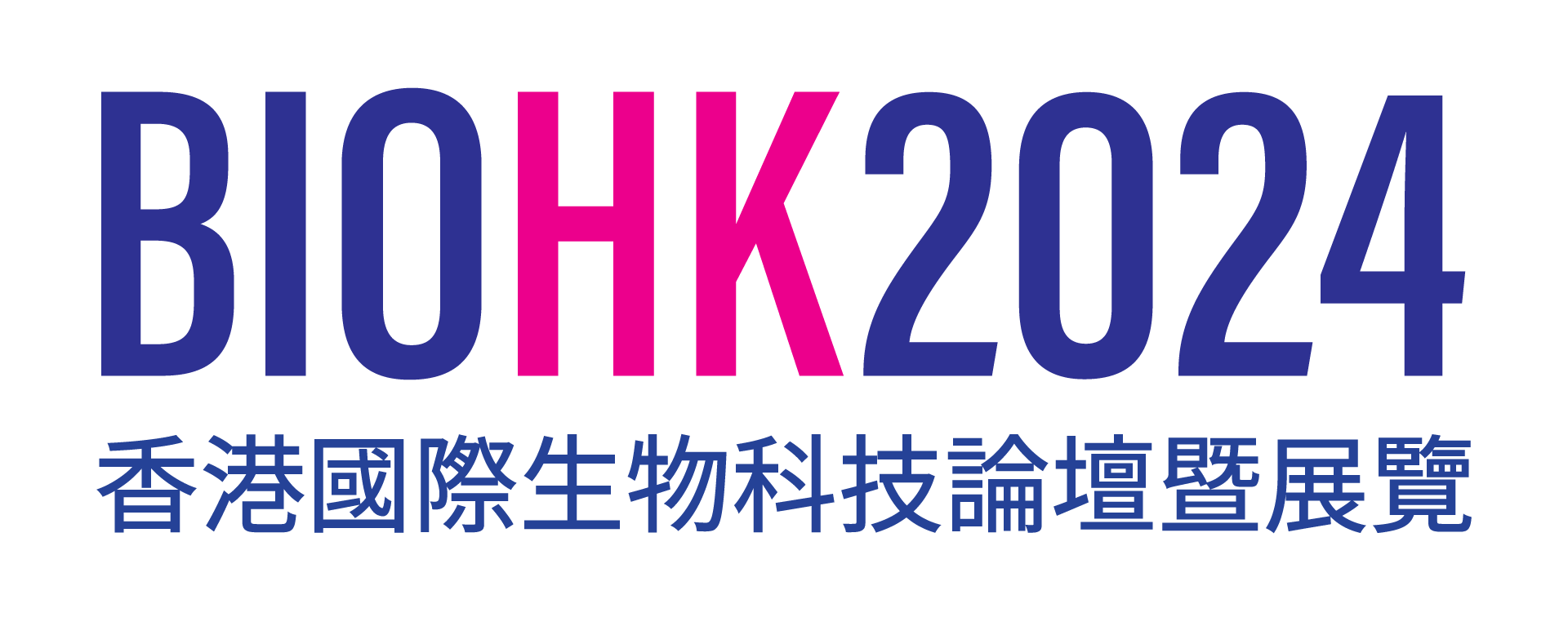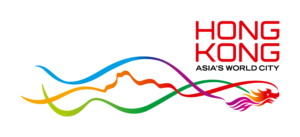A flurry of healthcare IPOs in Hong Kong since a rule change in 2018 has been impressive.

The Hong Kong market can add a biotech string to its bow as Asia’s burgeoning tech sector increasingly is attracting interest from U.S. investors.
So-called “cornerstone” investors from outside Asia have accounted for a record 46% of the shares sold in biotech initial public offerings (IPOs) in Hong Kong so far this year, according to data from Dealogic.
This level of international interest is aiding Hong Kong’s efforts to supplant Nasdaq as the world’s largest center for biotech fund-raising. That is a stated aim that the Hong Kong markets hope to achieve by 2025, the Financial Times notes in a story citing the rising influence of foreign cornerstone investors in the sector. The FT notes Chinese healthcare companies have raised a record US$21.1 billion in Hong Kong this year, up almost 200% from levels of 2019.
Cornerstone investors are common in Asia; they are institutional players who commit to take a chunk of the stock in an IPO. They are typically locked up and prevented from selling the shares for six months to a year. They pay the same price as everybody else, just earlier, and up front.
Their commitment is made public in the prospectus, just prior to the roadshow and marketing of the offering. The presence of influential investors reassures other prospective buyers of the IPO. In return, the cornerstone investors receive a confirmed allocation to a potentially hot offering. They typically have not previously taken stakes in the company going public. They’re also given the prospectus before other investors get the chance to check out a company in detail.
Sovereign wealth funds, asset managers and fund managers such as private equity and hedge funds are common cornerstone investors. They have a direct cornerstone investment contract with the company that’s distinct from the general offering. The cornerstone tranche often makes up one-third of the shares in an offering and can be up to two-thirds of the shares on offer.
Tycoons have typically taken a bite of strong offerings in Hong Kong. The presence of a company run by “Superman” Li Ka-shing or his fellow property magnate Lee Shau-kee as a cornerstone investor has a signaling and halo effect, particularly with retail investors. The biggest investment banks are able to draw on their corporate and personal clients to line up influential buyers, who can guarantee a public offering will get off the ground if they take up a sizable chunk of the stock.
There are 29 biotech companies that have gone public in Hong Kong since mid-2018. Their shares are up an average of 53% from their IPO prices, again according to Dealogic.
The Hong Kong Stock Exchange changed its listing rules in April 2018 in a way that allows biotech companies that do not have any revenue yet to go public. However, they must have a market capitalization of at least HK$1.5 billion (US$191 million) and have a core product that has moved beyond the concept stage.
Ascletis Pharma HK:1672 was the first company to take advantage of the new rules. The Hangzhou-based company develops drugs fighting viral hepatitis, HIV/AIDS and fatty liver disease. It raised US$400 million in June 2018, with Singapore sovereign wealth fund GIC buying US$75 million in shares as a cornerstone investor. Those shares have not fared well, with Ascletis now trading at HK$3, down nearly 79% from the HK$14 offer price.
Six of the world’s top 10 biotech IPOs then took place on the Hong Kong Stock Exchange in 2018, the year of the rule change. Shanghai medical tech platform WuXi AppTec HK:2359 raised US$1.1 billion, while cancer drug developer BeiGene HK:6160 sold US$903 million in shares. They have fared a lot better, with WuXi stock up 107% since its debut and BeiGene advancing 44.3%.
Last October, healthcare and life-sciences specialist RA Capital from Boston as well as BlackRock (BLK) , the world’s largest asset manager, backed the US$450 million IPO of Everest Medicines HK:1952.
Chinese drugmaker RemeGen HK:9995, currently with drugs for lupus and gastric cancer in clinical trials, went public in November via an IPO valued at almost US$600 million, with Fidelity taking a chunk of the shares.
The US$280 million IPO in March of Chinese cancer and autoimmune drug developer InnoCare Pharma HK:9969 drew support from Baltimore-based healthcare-focused hedge fund Rock Springs Capital and the Matthews Asia arm of San Francisco-based Matthews International Capital.
Rock Springs and Los Angeles-based Oaktree Capital Management formed cornerstones for the Chinese cell therapy developer JW Therapeutics HK:2126 when it raised US$296 million in a November IPO.
Cancer radiotherapy specialists Hygeia Healthcare Holdings HK:6078 went public in June, selling US$282 million in shares. It lined up nine cornerstone investors, including New York-based specialists OrbiMed Healthcare Fund Management and Yale-backed Chinese venture capital manager Hillhouse Capital.
The international interest has come as investors outside greater China become more comfortable with the scale and professionalism of healthcare inside China. Southeast Asia is a hugely promising region that continues to be underserved for healthcare, although medical tourism to countries such as Thailand thrives under normal travel conditions.
Hong Kong as well as Singapore jockey for position to serve those healthcare markets as capital markets. This is definitely a sector in which the center of the universe is not exactly switching away from Wall Street, which will continue to serve the Americas, but is expanding, with Asia finding its own two feet.

